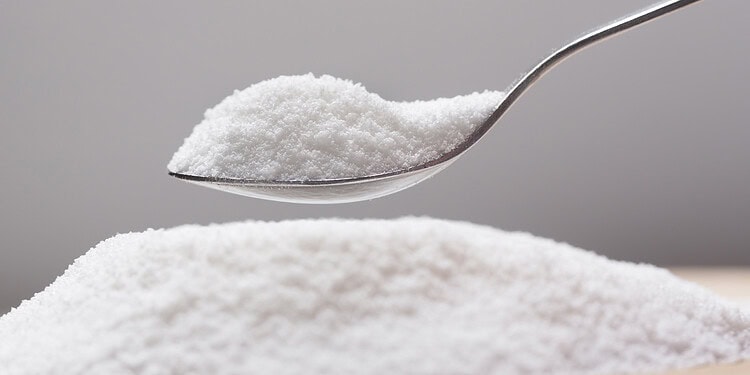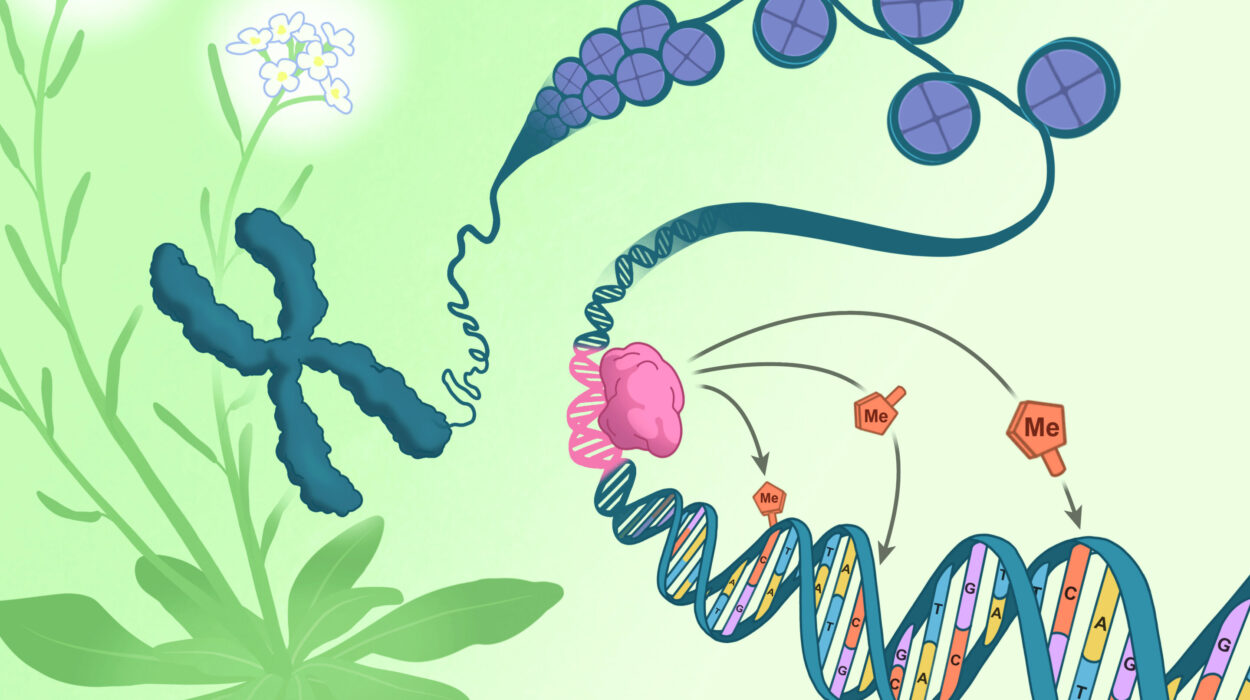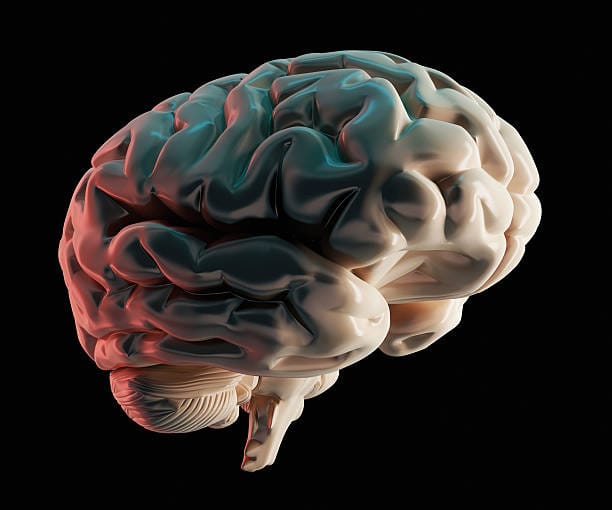For decades, artificial sweeteners have carried a promise: enjoy the sweetness of sugar without its health consequences. From diet sodas to low-calorie desserts, these substitutes have been marketed as allies in the fight against obesity, diabetes, and tooth decay. They appear in brightly colored packets, labeled with words like “sugar-free” or “zero-calorie,” signaling safety and modern health consciousness.
But what if the very products designed to protect our health may carry hidden risks—especially for the brain? A recent study published in Neurology suggests that the story of artificial sweeteners is more complicated than many of us might imagine. While these sugar substitutes offer short-term benefits, they may also come with long-term consequences for cognitive health.
The Study That Raised the Alarm
Researchers in Brazil set out to explore how artificial sweeteners might affect brain function over time. The study followed 12,772 adults with an average age of 52 for nearly a decade. Participants reported their diets, including their use of seven common artificial sweeteners: aspartame, saccharin, acesulfame-K, erythritol, xylitol, sorbitol, and tagatose.
At the start, middle, and end of the study, participants underwent cognitive testing. These tests measured abilities like verbal fluency, memory recall, and processing speed—the very skills that allow us to think clearly, communicate effectively, and remember our daily lives.
The results were striking. Those who consumed the highest levels of sweeteners experienced declines in thinking and memory skills at a rate 62% faster than people who consumed the least. This decline was equivalent to about 1.6 additional years of brain aging. Even people who consumed moderate amounts experienced noticeable declines compared to the lowest group.
For many, this finding raises an unsettling question: could our “healthier” choices be quietly undermining our most vital organ?
The Diabetes Connection
The effect of sweeteners was even stronger in people living with diabetes. This is particularly concerning because individuals with diabetes are often encouraged—or feel pressured—to replace sugar with artificial sweeteners. For them, the decline in cognitive function was sharper, suggesting that diabetes and artificial sweeteners may interact in ways that accelerate brain aging.
Why might this be? One possibility is that the metabolic changes already present in diabetes—such as insulin resistance—make the brain more vulnerable to the effects of artificial sweeteners. Another is that sweeteners may alter gut microbiota or metabolic pathways in ways that disproportionately impact people with existing health challenges. The exact mechanisms remain unknown, but the signal is strong enough to demand attention.
Not All Sweeteners Are the Same
Interestingly, the study did not treat all sweeteners equally. Six of the seven studied—aspartame, saccharin, acesulfame-K, erythritol, sorbitol, and xylitol—were linked to faster cognitive decline, particularly in memory-related skills. But tagatose, a lesser-known sweetener, showed no such association.
This raises the possibility that different sweeteners interact with the body and brain in unique ways. It also highlights the importance of examining them individually, rather than assuming all “sugar substitutes” carry the same risks or benefits.
How Much Is Too Much?
For many people, the amounts consumed may sound small. The highest intake group averaged 191 milligrams per day—the equivalent of about one can of diet soda for aspartame. Sorbitol had the highest consumption rate, averaging 64 mg/day. These are not astronomical amounts. They are everyday, routine levels of consumption that millions of people around the world easily reach through diet sodas, flavored waters, protein bars, and even yogurt.
The fact that relatively modest amounts were associated with accelerated brain aging suggests that sensitivity to these substances could be higher than previously thought.
The Limitations and the Unknowns
It is important to emphasize that this study shows a link, not a cause-and-effect relationship. The decline in memory and thinking skills cannot be definitively blamed on artificial sweeteners. There may be other, hidden factors at play. For instance, participants self-reported their diets, which always carries the risk of inaccuracy. Furthermore, the study did not include every sweetener available, leaving open questions about other sugar substitutes on the market.
And yet, even with these limitations, the findings are difficult to ignore. They add to a growing body of research suggesting that the brain may not be as indifferent to artificial sweeteners as once believed.
The Emotional Weight of the Findings
Memory loss and cognitive decline are not abstract scientific outcomes; they touch the most personal parts of life. To forget a loved one’s name, to struggle with conversation, to feel the fog of thought descending—that is a fate many fear more than physical illness. The possibility that everyday dietary choices could inch us closer to that reality makes these findings deeply unsettling.
The irony is painful: in trying to make “healthier” choices by avoiding sugar, some may inadvertently increase their risk of losing the very cognitive abilities that give life meaning. This tension strikes at the heart of modern health dilemmas—where solutions can sometimes create new problems.
What Could Come Next
The authors of the study, including Dr. Claudia Kimie Suemoto of the University of São Paulo, stress the need for more research. They call for studies that examine not only artificial sweeteners but also natural sugar alternatives like honey, maple syrup, coconut sugar, or even applesauce. Could these offer sweetness without the potential downsides for the brain?
At the same time, nutrition scientists are beginning to look at broader questions: how do artificial sweeteners affect gut bacteria, blood sugar regulation, and brain chemistry? Could long-term use disrupt delicate systems in ways we are only beginning to recognize? The answers could reshape public health recommendations around one of the most widely consumed categories of food additives in the world.
A Choice We Make Every Day
Artificial sweeteners are not exotic chemicals locked in laboratories—they are in millions of kitchens, restaurants, and grocery store shelves. They are woven into the fabric of daily life, from morning coffee to late-night snacks. Every sip of diet soda or bite of sugar-free dessert is, in some sense, a vote of trust in these products.
Now, as new evidence emerges, that trust deserves reexamination. The findings do not demand panic, but they do invite reflection. Perhaps moderation is wiser than reliance. Perhaps sweetness, like many pleasures in life, is safest when it comes in its natural forms, savored rather than engineered.
The Larger Lesson
Beyond sweeteners, this study offers a broader lesson about the human pursuit of shortcuts. In our quest to escape sugar’s dangers, we reached for substitutes that seemed too good to be true. And perhaps, as this research suggests, they were.
Science reminds us again and again that nature is intricate, that our bodies are not machines to be tricked with zero-calorie illusions. The sweetness of sugar is ancient, woven into evolution itself. Trying to outwit it with substitutes may carry costs we are only beginning to tally.
A Future of Questions and Care
As with many areas of health, the story of artificial sweeteners is still unfolding. This study is not the final word but a chapter in an ongoing narrative. What it gives us, however, is reason to pause. Reason to consider whether our everyday habits are aligned with the long-term well-being we seek.
For now, the choice rests with each of us. The sweetness we crave is universal, but so is the desire for clarity, memory, and vitality of mind. If artificial sweeteners carry even the possibility of clouding that gift, then perhaps it is worth asking—what kind of sweetness do we truly want in our lives?






